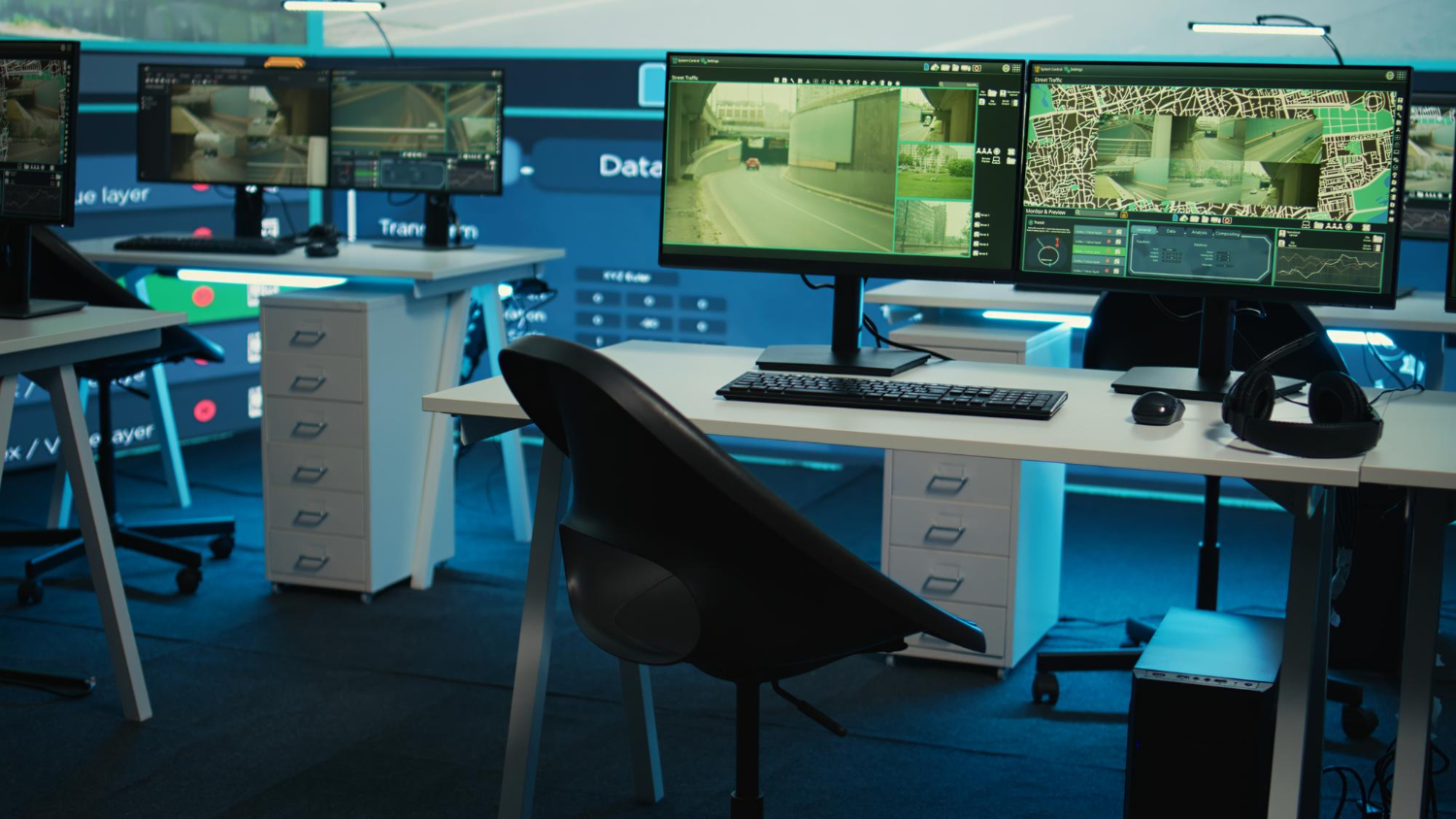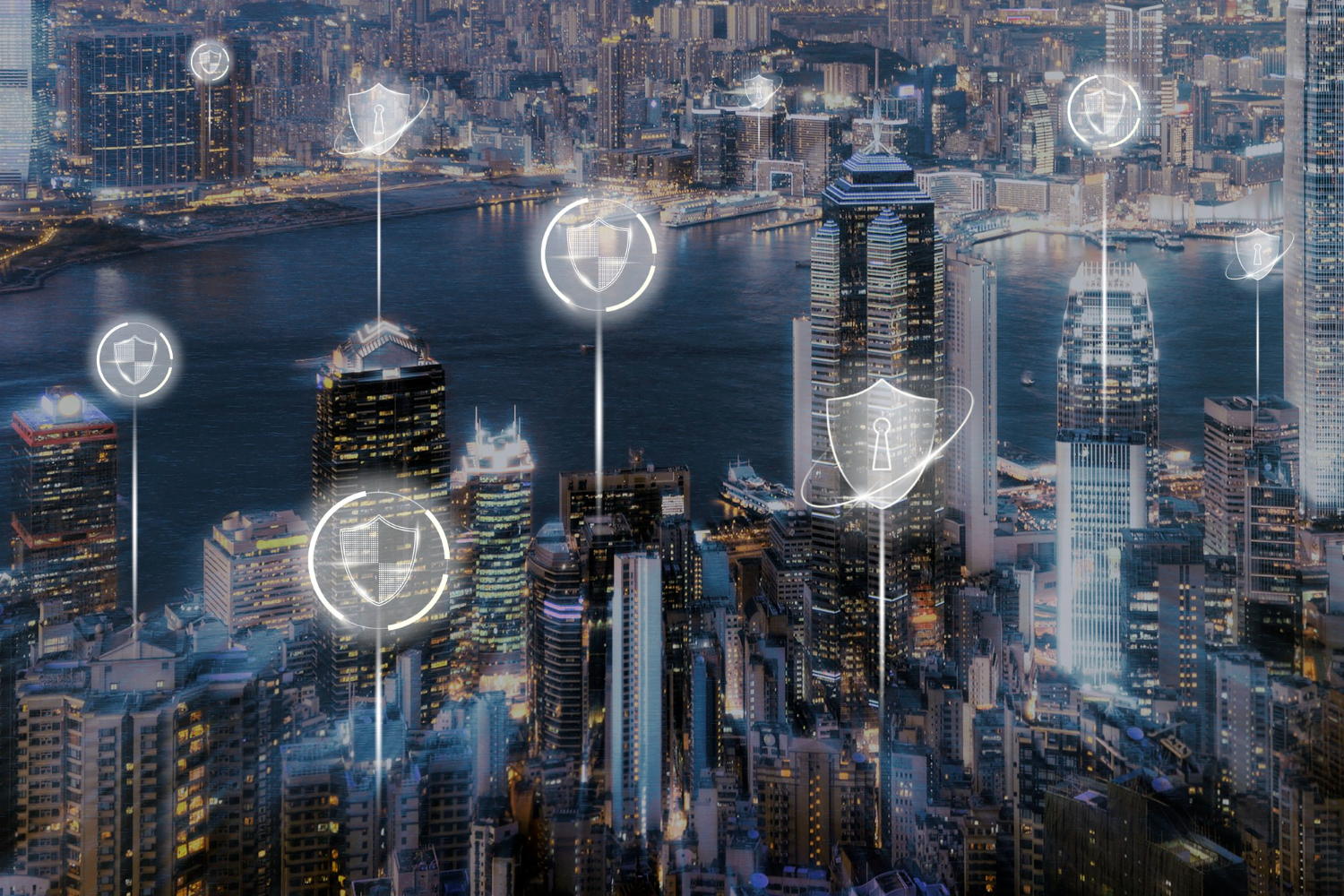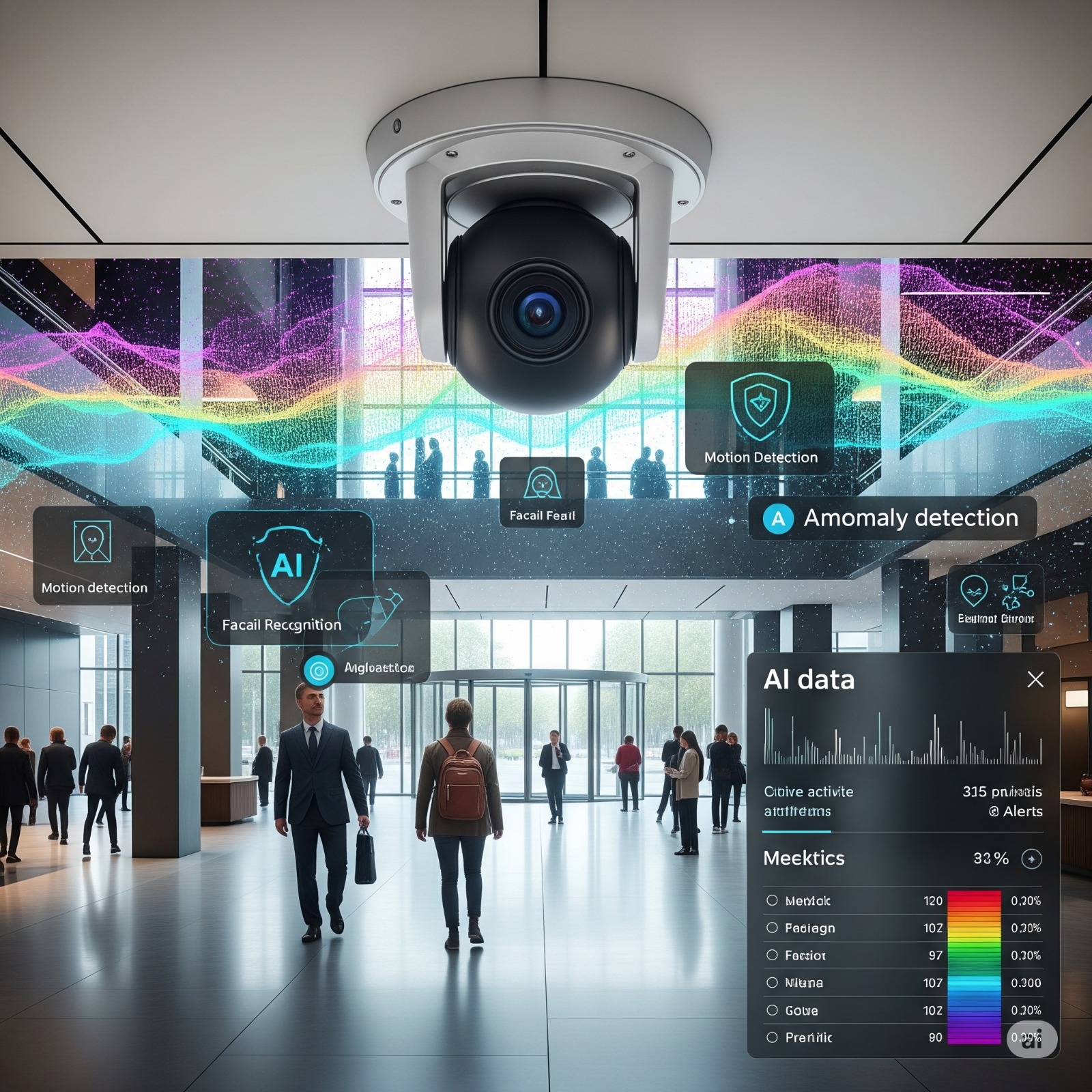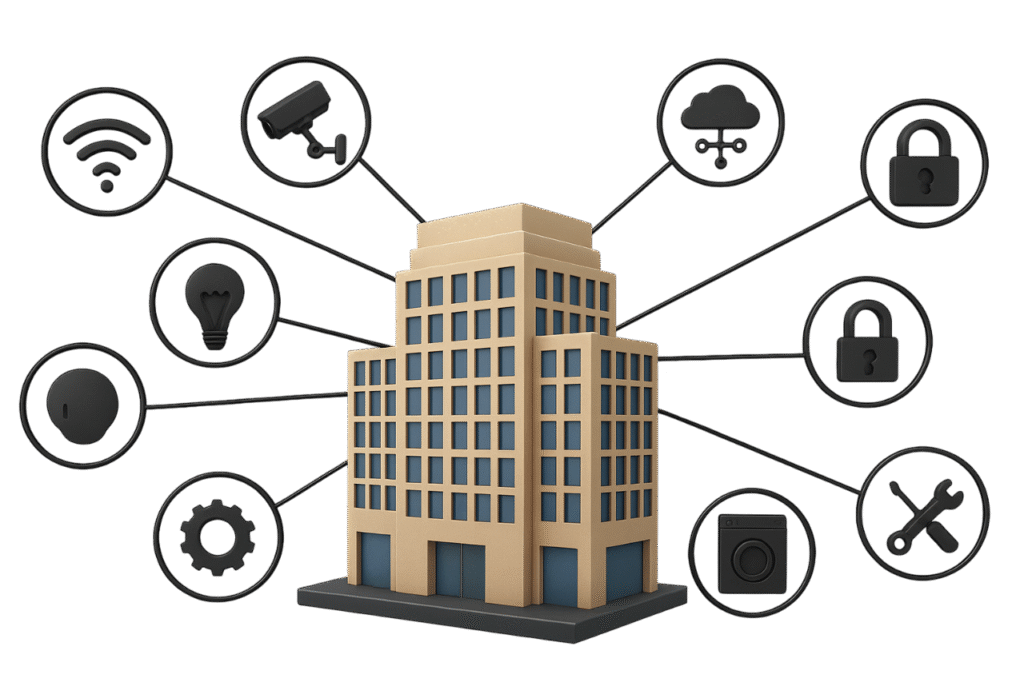Introduction
Artificial Intelligence (AI) is transforming industries worldwide, and security is no exception. AI technologies are being increasingly utilized to enhance security measures, improve response times, and minimize the risk of human error. This article will explore how AI is being applied in security to better handle potential threats and incidents, ensuring safer environments in a variety of sectors.
Secure Our City started implementing AI prior to the times it has been named AI. Today, the analytics are installed at the edge device while when we started implementing AI, we were looking at a dedicated computing powers that required to be onsite. The first deployment of analytics involved computers that cost over $60,000 and connection to every device. Today, every camera, sensor and video intercom come equipped with analytics built in and the ability to manage and use the analytics through a server or cloud base management.
1. Predictive Analytics and Threat DetectionOne of the key benefits of AI in security is its ability to process large amounts of data quickly and accurately. AI-powered predictive analytics tools can detect patterns that humans may overlook, identifying potential security threats before they escalate. Machine learning algorithms continuously learn from new data, improving their ability to predict incidents such as unauthorized access, abnormal behaviors, or other suspicious activities. This proactive approach to security helps prevent threats before they materialize, creating safer environments.
Real-Life Example:For instance, a university in California implemented AI-powered surveillance systems that significantly reduced the number of false alarms on campus. This allowed their security team to focus on legitimate threats and respond more efficiently.
2. Enhancing Surveillance SystemsTraditional surveillance systems rely on human operators to monitor camera feeds, which can be prone to error or fatigue. AI can assist by automating much of this process. AI-enhanced surveillance systems can analyze video footage in real-time, recognizing patterns, detecting anomalies, and even identifying objects or individuals through gun detection, shot detection, facial recognition and bags left behind. These systems can alert security personnel to potential threats and incidents, ensuring that no critical moment is missed.
3. Automated Response SystemsIn addition to threat detection, AI is also being used to automate incident responses. When a potential threat is detected, AI-driven systems can trigger predefined protocols, such as locking doors, notifying security teams, or sending alerts to local authorities. This immediate response minimizes the time it takes for human intervention, potentially reducing the impact of the security threat.
At one the schools district that Secure Our City designed, using AI, if an incident is generated, each smart board and electronic sign will display the unique message that is the right message for the location and the event while notifying the emergency response forces. This could be programed to activate without any intervention from the staff in order to reduce the notification time.
4. Reducing False AlarmsFalse alarms are a significant challenge in traditional security systems. AI is helping to reduce these by distinguishing between real threats and harmless events. For instance, AI can differentiate between a person and an animal on a surveillance camera, ensuring that unnecessary alarms are not triggered. This reduction in false alarms allows security personnel to focus their efforts on actual incidents, improving overall efficiency and effectiveness.
5. Improving Access Control SystemsAI is revolutionizing access control systems by incorporating biometric data and facial recognition technologies. These systems use AI to continuously learn and improve, becoming more accurate over time. For example, AI-powered access control can identify authorized personnel through facial recognition or fingerprint scans, allowing seamless entry while blocking unauthorized access. Additionally, AI can detect unusual patterns in access logs, such as repeated failed login attempts, and trigger alerts to prevent potential breaches.
6. Data-Driven Security StrategiesAI’s ability to process and analyze vast amounts of data allows for more strategic decision-making. Security teams can utilize AI-generated insights to identify vulnerabilities, track trends, and anticipate future risks. These insights are not only valuable for preventing incidents but also for optimizing security operations and resource allocation.
Takeaway Tips:
• Consider the specific security challenges your organization faces and explore how AI can address them.
• Assess if your current security infrastructure can integrate AI technology, particularly for predictive threat detection or automated responses.
• Explore AI’s potential to reduce false alarms and enhance real-time monitoring.
7. Integration with Smart Technology AI can also enhance security by integrating with other smart technologies, such as IoT devices and cloud-based systems. This interconnectedness allows AI to gather data from various sources, creating a more comprehensive security network. For example, AI can combine data from motion detectors, surveillance cameras, and door sensors to provide a holistic view of a building’s security status, alerting security personnel only when multiple systems detect anomalies.
Future of AI in SecurityLooking ahead, AI’s role in security is expected to grow even more advanced, with developments in deep learning, autonomous security systems, and AI integration with drones and robotics. These technologies could transform the way we approach large-scale security challenges in urban environments and critical infrastructures, offering even more sophisticated tools for both threat prevention and real-time response.
Conclusion
The use of AI in security is revolutionizing how organizations approach threat detection, response, and prevention. By harnessing the power of AI, security systems can become more proactive, accurate, and efficient, leading to safer environments and better protection for assets and individuals. As AI technology continues to evolve, its role in security will undoubtedly expand, offering new opportunities to enhance safety and reduce risks across various industries.
Call to Action:
We’d love to hear your thoughts! How do you see AI impacting the future of security in your industry? Let us know in the comments or share your insights on how AI can be applied to improve security strategies.
For more information or to discuss how AI can enhance your security systems, feel free to reach out:
Contact Us:
Secure Our City, Inc.
Phone: 508-966-7897
Email: info@secureourcity.com
Website: secureourcity.com








